|
Written by my brother Bob regarding Memorial Day and our family history. We have both delivered this talk at Sacrament Meeting on Memorial Day weekend.
When I was growing up there was no doubt in my mind that America was an exceptional country. We were taught in school, in the home, and in the community that this was a country founded on an idea. The idea that God granted us rights that no man could take away, that individuals were free to choose the path of their life for themselves. The only country in the world that was founded that way. A person could come to this country from anywhere and become an American. We were taught history in school, and it was OK to talk about the founders of this country praying, or to talk about them repeatedly saying the hand of divine providence was guiding them. We didn't pretend that divine providence meant something other than help and guidance from God. As members of the Church of Jesus Christ of Latter-Day Saints, we are taught, and the scriptures tell us, that this is the Promised Land and this mysterious higher power is called God. This is an exceptional country with an exceptional constitution; in fact the oldest constitution on the earth. The Lord himself tells us in Doctrine and Covenants: 101:80, “I established the Constitution of this land by the hands of wise men whom I raised up unto this very purpose” and says in D&C 98:5, that the constitution “belongs to all mankind”, and then he tells us in D&C 101:77 that it “should be maintained for the rights and protection of all flesh, according to just and holy principles.” Alexander Hamilton, famous as the originator of The Federalist papers and author of fifty-one of the essays, said: “For my own part, I sincerely esteem it a system, which without the finger of God, never could have been suggested and agreed upon by such a diversity of interest.”
0 Comments
Nothing is judged more severely by our culture today than assertions of biblical male and female absolutes. It may be possible that we are in the final progression of God giving our culture up to first “sexual impurity” then “shameful lusts” and finally a “depraved mind”. And throughout all of this, true human sexuality has been the prime target. The enemy turns everything on its head, evil is good, good is evil, and truth is exchanged for a lie. This exchange is found most deeply in the attack on human sexuality, for it strikes us at our core. God designed the human being as male and female, created for a relationship, and each with unique purposes. And yet, this forms the focus of our current controversies. Ponder how many of our burning issues are rooted in a contrary view of God’s design: pornography, abortion, adultery and unmarried sex, homosexuality, lesbianism, LGBTQIA+, transgenderism, pansexuality, personal pronouns, gender dysphoria and identity, etc. Additionally, we have human sexuality issues that are being used as political and social hammers such as male toxicity, #MeToo, ERA, pay equality, gender roles and quotas, glass ceilings, harassment and so on. Human sexuality is at the core of all of this, and nothing seems to provoke a more visceral hostility. But we must stay true to the Word of God, or we are lost in a fickle sea of emotions and power struggles for control and significance. Of the critical forces aligning themselves in our culture today, this may well be the most perilous of all, for when we mess with man’s fundamental design, everything becomes radically skewed. Every one of the treasonous bastards you see in this photo (except Christopher Steele) took an oath of office as a United States federal employee. If you are unaware, here is the oath everyone of them knowingly signed and should be held accountable for violating.
The oath “I, { name }, do solemnly swear (or affirm) that I will support and defend the Constitution of the United States against all enemies, foreign and domestic; that I will bear true faith and allegiance to the same; that I take this obligation freely, without any mental reservation or purpose of evasion; and that I will well and faithfully discharge the duties of the office on which I am about to enter. So help me God.” Who takes the oath? This oath of office for federal employees applies to all people involved with the federal government except for the President (the office has its own oath). So, Supreme Court justices, members of the House of Representatives the Senate, and even the Vice President all take the same oath. Furthermore, all civilian employees and government officials take the same oath prescribed by the constitution as the military (differs only in that it includes allegiance to the chain of command). No more and no less. Let’s break it down a little... In the news recently was St. George Mayor Michele Randall’s new policy to stop allowing the public to present spoken comments at city council meetings. Balancing the public’s right to be heard with the government’s ability to do its job is a delicate task.
It begs the question, can Local government entities limit public comments at their public meetings? After reviewing Mayor Randall’s reasoning, I am not sure she will be successful with her edict. But different elected officials handle this situation differently. A couple of years ago, the Weber County Commissioners answered that question with pizazz. According to them you see, it depends on the definition of the meeting room you are confronting the public in. This may sound silly but last year the Weber County Commission changed the definition of their meeting room in order to legally limit public comments they felt were keeping them from doing the people’s business. The change, which essentially limited public comment, was deemed constitutional and supported by our County Attorney.** How could this be possible? Imagine someone told you that in the run-up to a U.S. presidential election, the FBI tried to undermine a candidate at the behest of the opposing campaign by cooking up a false narrative of collusion with Moscow.
And let’s say this conspiracy implicated not just the FBI but also the White House, Justice Department, and CIA — and that nearly the entire corporate press went along with it, gleefully spreading the false narrative that this candidate was a Russian agent, running story after story of fabricated nonsense in a coordinated effort to ensure the opposing candidate won. In normal times, you’d scoff at such an outlandish story, dismiss it as the plot of some half-baked Tom Clancy novel. That could never happen in America, you’d say, where we have free and fair elections, the rule of law, and so on. And anyway, the media would never allow it to happen. They’d be too invested in exposing the conspiracy and claiming, rightly, a Watergate-type story of their very own. But you’d be wrong. All of that really happened in 2016, recounted in all its jaw-dropping detail in Special Counsel John Durham’s 306-page report, released Monday after nearly four years in the making. The big takeaway from the report is that the Obama-era FBI launched a full investigation of the Trump campaign, codenamed Crossfire Hurricane, in the summer of 2016 despite having zero evidence of any collusion between Trump and Russia. Whether they know it or not, most local political parties have a great deal of power. Almost all of the people we vote for have been selected and, where allowed by law, endorsed by a local political party. Most of the people who are appointed to boards and commissions in your county have also been approved by local political parties. In most places, these local political parties determine who runs our communities. However, when local political parties do not exercise their real power, the void is filled by special interests.
One of the principal roles a political party has, at least in theory, is assuring the public that its candidates have been screened in some valuable way. Anyone can put her name on a ballot, but what do we know about her? Can we know if she is competent, decent, sane? If she has been approved by a party, people have met her, worked with her, asked her questions. The question is, does a political party have a responsibility to choose candidates who are ethical? Or, to put it the other way, what is the responsibility of a political party when someone it chooses acts unethically, not in a minor way, but in a serious way? Several years ago, a nearby state's Republican party chair chose not to run for re-election, and his stated reason for this decision was, “I’m tired of those who are obsessed with seeing conspiracies around every corner and who have terribly misguided notions of what the role of the state party is." He also felt these "nuts," as he called them, had lost the party too many elections. The chair's concern is not about ethics, of course, but about the competence and sanity of selected candidates. Although he seems more concerned about losing elections, he at least seems willing to resign rather than misuse his prestige to support candidates he feels are unfit for office. My old Grandpa said to me, “Son, there comes a time in every man’s life when he stops bustin’ knuckles and starts bustin’ caps and usually it’s when he becomes too old to take a whipping.
I don’t carry a gun to kill people; I carry a gun to keep from being killed. I don’t carry a gun because I’m evil; I carry a gun because I have lived long enough to see the evil in the World. I don’t carry a gun because I hate the government; I carry a gun because I understand the limitations of government. I don’t carry a gun because I’m angry; I carry a gun so that I don’t have to spend the rest of my life hating myself for failing to be prepared. I don’t carry a gun because I want to shoot someone; I carry a gun because I want to die at a ripe old age in my bed and not on a sidewalk somewhere tomorrow afternoon. I don’t carry a gun to make me feel like a man; I carry a gun because men know how to take care of themselves and the ones they love. I don’t carry a gun because I feel inadequate; I carry a gun because unarmed and facing three armed thugs, I am inadequate. I don’t carry a gun because I love it; I carry a gun because I love life and the people who make it meaningful to me. Being neither a religion nor an ideology, the body of opinion termed conservatism possesses no Holy Writ and no Das Kapital to provide dogmata. So far as it is possible to determine what conservatives believe, the first principles of the conservative persuasion are derived from what leading conservative writers and public men have professed during the past two centuries. After some introductory remarks on this general theme, I will proceed to list ten such conservative principles.
Perhaps it would be well, most of the time, to use this word “conservative” as an adjective chiefly. For there exists no Model Conservative, and conservatism is the negation of ideology: it is a state of mind, a type of character, a way of looking at the civil social order. The attitude we call conservatism is sustained by a body of sentiments, rather than by a system of ideological dogmata. It is almost true that a conservative may be defined as a person who thinks himself such. The conservative movement or body of opinion can accommodate a considerable diversity of views on a good many subjects, there being no Test Act or Thirty-Nine Articles of the conservative creed. In essence, the conservative person is simply one who finds the permanent things more pleasing than Chaos and Old Night. (Yet conservatives know, with Burke, that healthy “change is the means of our preservation.”) A people’s historic continuity of experience, says the conservative, offers a guide to policy far better than the abstract designs of coffee-house philosophers. But of course there is more to the conservative persuasion than this general attitude. |
AuthorBill Olson Archives
April 2024
Categories
All
|

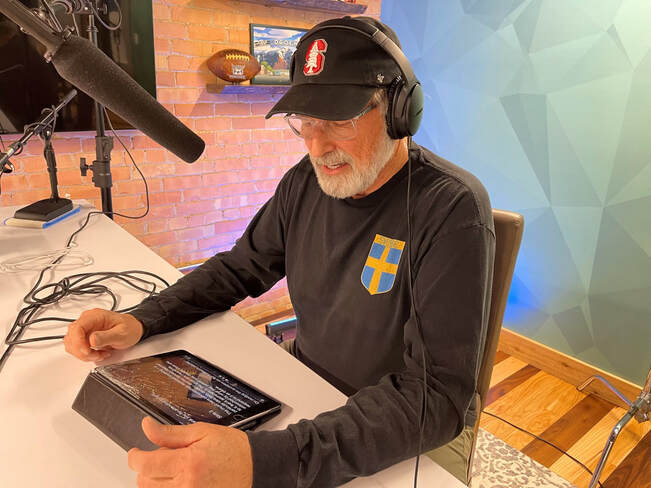


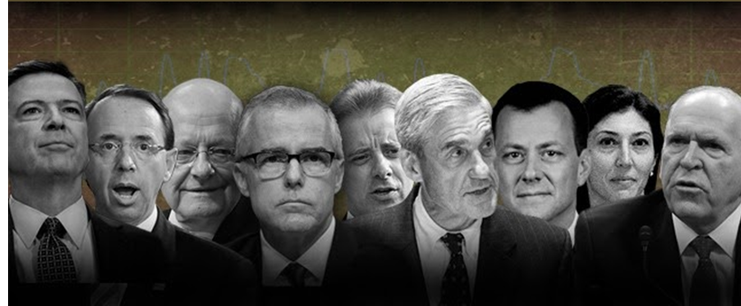

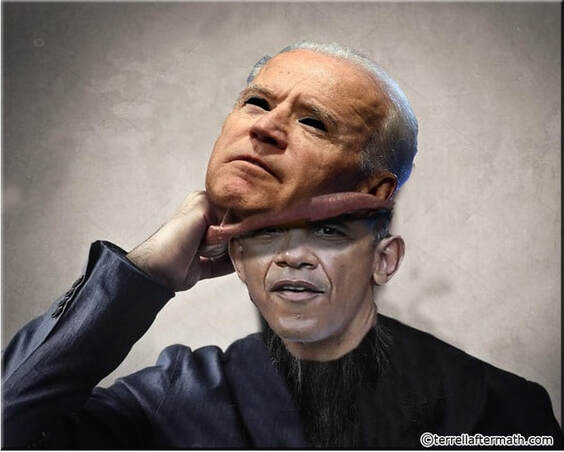
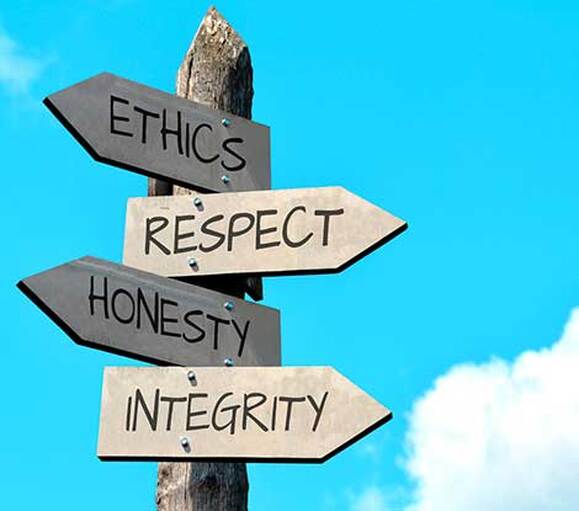
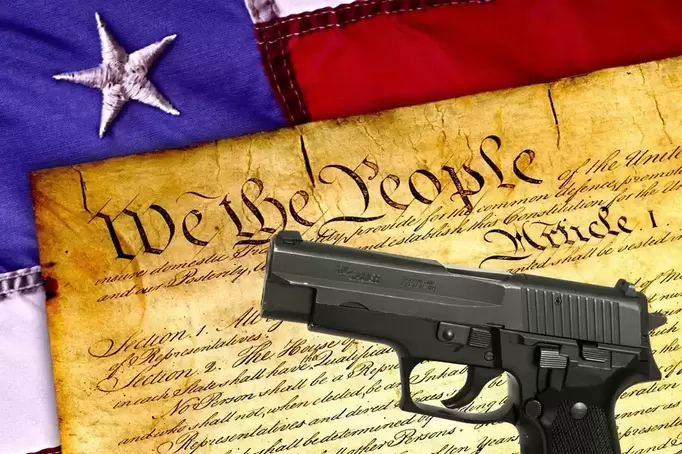

 RSS Feed
RSS Feed
